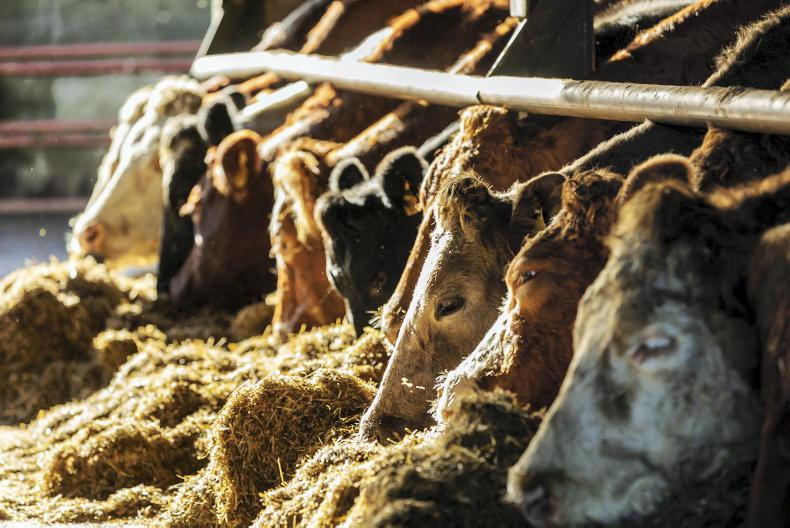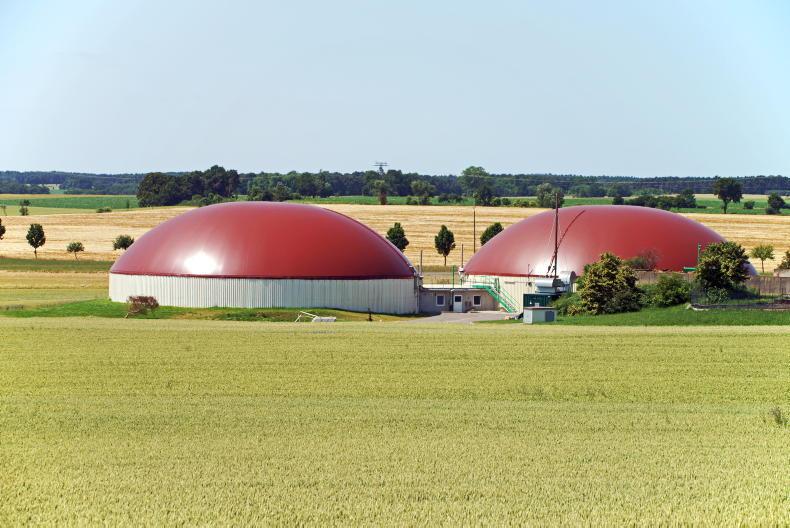The group that represents Renewable Heat Incentive (RHI) claimants in NI, has run out of options within the UK court system for its long-running legal battle over cuts to scheme tariffs.
Last week, the Supreme Court in London rejected an application by the Renewable Heat Association for NI (RHANI), which aimed to overturn a judgement made by the Court of Appeal in February.
The case challenged cuts to previously-guaranteed RHI tariffs, which happened in 2017 and 2019.
Both sets of tariff cuts have already been subject to unsuccessful legal challenges in the High Court in Belfast.
In an update to members, RHANI said the decision by the Supreme Court to reject its application “was a surprise to all legal teams involved in the dispute”.
The group has set out potential “lines of activity” that could now be followed, with one option being to proceed with more legal action through the European Court of Human Rights.
“The European Court requires that an application is made within four months of the final national court decision. The judgements [by the Supreme Court in London] are dated 4 July 2023,” the RHANI update reads.
New support
Other options being considered by RHANI include pressing local politicians for new support for RHI boiler owners, given that the scheme in NI has an underspend of around £30m each year. Another consideration is lobbying for payment rates from the more generous RHI scheme in Britain to be extended to the NI scheme.
RHANI points out that NI has extremely ambitious targets for cutting greenhouse gas emissions, but low RHI tariffs mean there is little or no incentive for biomass boiler owners to make use of renewable heat.
“The NI Assembly has set itself targets to reduce dependency on fossil fuels, whilst at the same time it seems set to deny and destroy the obvious and only immediately viable alternatives offered by bioenergy,” the update reads.
RHANI said it is planning to hold a general meeting of its members “within the next few weeks” to decide on its future actions.










SHARING OPTIONS